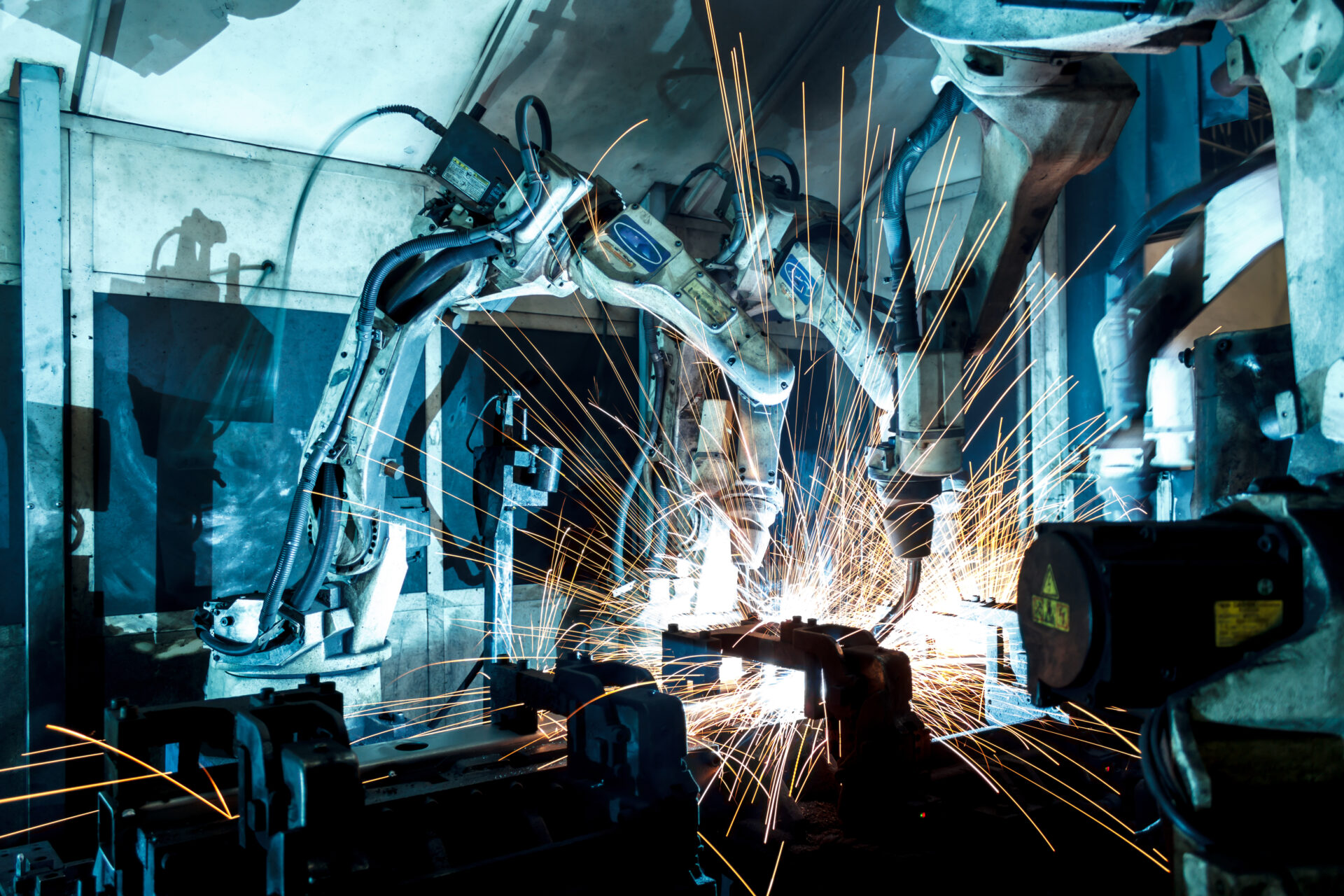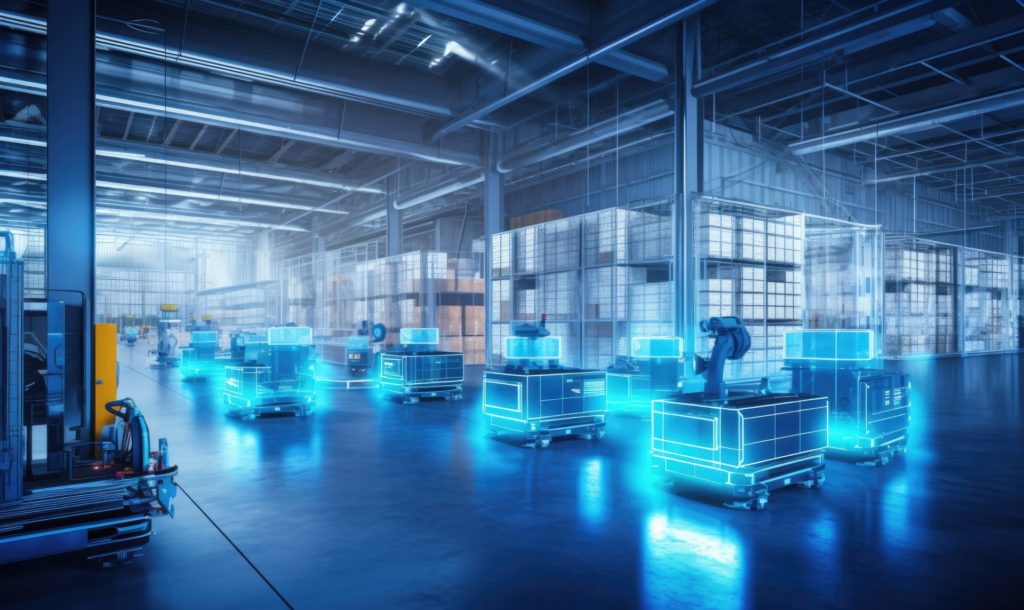As we approach the end of the year, demand for electronic devices is reaching its usual holiday peak. However, persistent disruptions continue to plague global supply chains. The vast network of ports, container vessels and trucking companies that support these supply chains has been stretched thin, leading to major delays. To further complicate matters, shipping costs have also skyrocketed as ports struggle to balance safety and efficiency.
All signs point toward a continued increase in demand for supplies and consumer products. In order to meet this demand, electronics players and supply chain leaders must understand the nature of the problems plaguing their business, and embrace practical measures to overcome them.
Material Shortages
In recent months, certain essential materials have become somewhat scarce and hard to come by. A sudden surge in demand, caused in part by work-from-home policies, has led to increased sales of laptops and computers for employees, putting a strain on the supply of semiconductors. Likewise, copper has also seen a jump in demand, as a result of the switch toward electric cars and green energy solutions. As governments and businesses continue their push towards a more sustainable and renewable future, copper will remain in high demand for the foreseeable future.
One way to mitigate material shortages is by developing clear lines of communication between your business and its suppliers. Regular communication lets you align your goals with your supplier’s, establishing clear objectives so that both parties can plan accordingly for more efficient operations. Honesty can go a long way during these interactions, and it is vital to never oversell on timelines or undersell when it comes to pricing, as failure to meet demand will only land your business in hot water.
Logistics Delays
The global supply chain is only as strong as its weakest link – and with disruptions appearing all over, it is safe to say the chain is weakening. As labour shortages make truck and railway transportation more difficult, congestion has become a serious issue at various ports, with old containers taking up much-needed space for new shipments. Much like the blockage of the Suez Canal, congested ports create a backlog of deliveries and leave shipping containers stranded until they can clear the bottleneck. Time is money and the longer these containers stay stranded, the higher the price of shipping will soar.
One might assume that switching to air cargo would solve the ground congestion issue. But air freight is an unsustainable solution, as this method can transport less cargo, while costing around eight times as much in many cases.
In order to maintain business operations, and account for unknown variables, businesses should create comprehensive transport plans that cover all bases. Business leaders should make realistic efforts to predict upcoming industry and supply chain trends for the next 2-3 years. By carefully estimating demand, and acquiring pricing data for all modes of transportation, it becomes possible to implement rolling strategies which also include contingency plans.
The more research you do, the more effective your transportation plan will become, and the more efficient your business can be during these trying times. For example, it is worth understanding the different toll rates for different classes of vehicles at different times of the day, to manage pricing as well as traffic and congestion.
Personnel Shortages
The pandemic has led to labour shortages throughout the global supply chain, with the Delta variant causing many businesses to yo-yo in and out of lockdown restrictions. Supply chain personnel must carry a certain degree of infection risk, due to the nature of the job – but once one employee catches COVID, the whole supply chain is disrupted, as strict lockdown policies inevitably affect entire factories.
Even without the threat of COVID-19, there will always be an element of risk borne by factory and supply chain personnel. However, proactive training and health policies can help employees reduce their risk significantly. When every member of your workforce manages their own safety responsibly, the entire organisation benefits immensely.
Warehouse Space
As elevated infection rates lead to warehouse shut-downs, and market demand increases in the e-commerce sector, warehouse rental rates will necessarily rise as well – with consumers often paying the extra cost.
Warehouse optimisation is key when it comes to freeing up space. With data-driven planning and placement, warehouses can maximise inventory capacity. Warehouses that prioritise sought-after products and place them closest to the loading area will see more free space and reduced retrieval times. Creativity can also go a long way in freeing up space, with smart vertical storage providing increased capacity for goods and materials.
Supplier Management & Relations
The pandemic has put many businesses under pressure, leaving little to no room for error. This reality extends to suppliers as well, and maintaining positive relations can be the deciding factor on whether or not suppliers will want to continue working with you.
An effective relationship requires trust between buyer and seller. Good communication can help smooth over unexpected delays, so that expectations can continue to be met on all sides.
Looking Ahead
Business leaders and HR department heads in the electronics sector need to understand the value of long-term planning, as it could take at least a couple of years before we begin to see significant improvement within the global supply chain
But trust, training, clear communication, and space optimisation are prime examples of long term solutions that can help weather the current storm. A full recovery may take time, but with patience and careful planning, your business can compete at the leading edge of its industry.
In order to get the most out of your long-term planning, you will need the right people in the right positions. The Connexus-Global team can help you find these experts.










